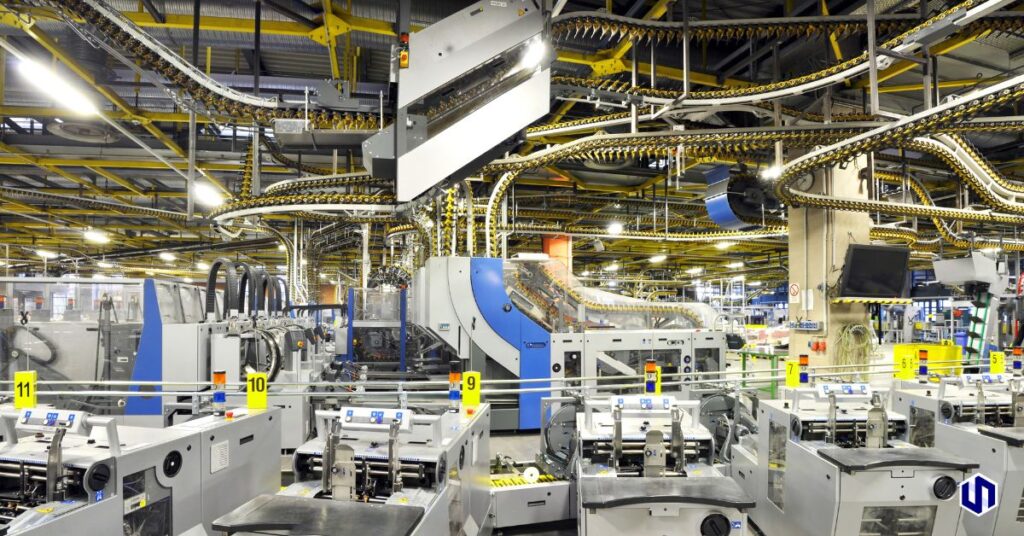
10 Common Internal Linking Mistakes to Avoid on Your Website
Internal linking is more than just connecting pages—it’s about building a seamless, intuitive journey for users while enhancing your site’s search engine visibility. Avoiding these common mistakes can set your website apart and contribute to its long-term success.




